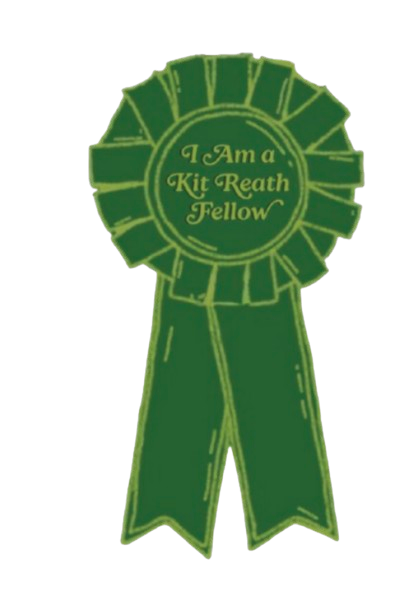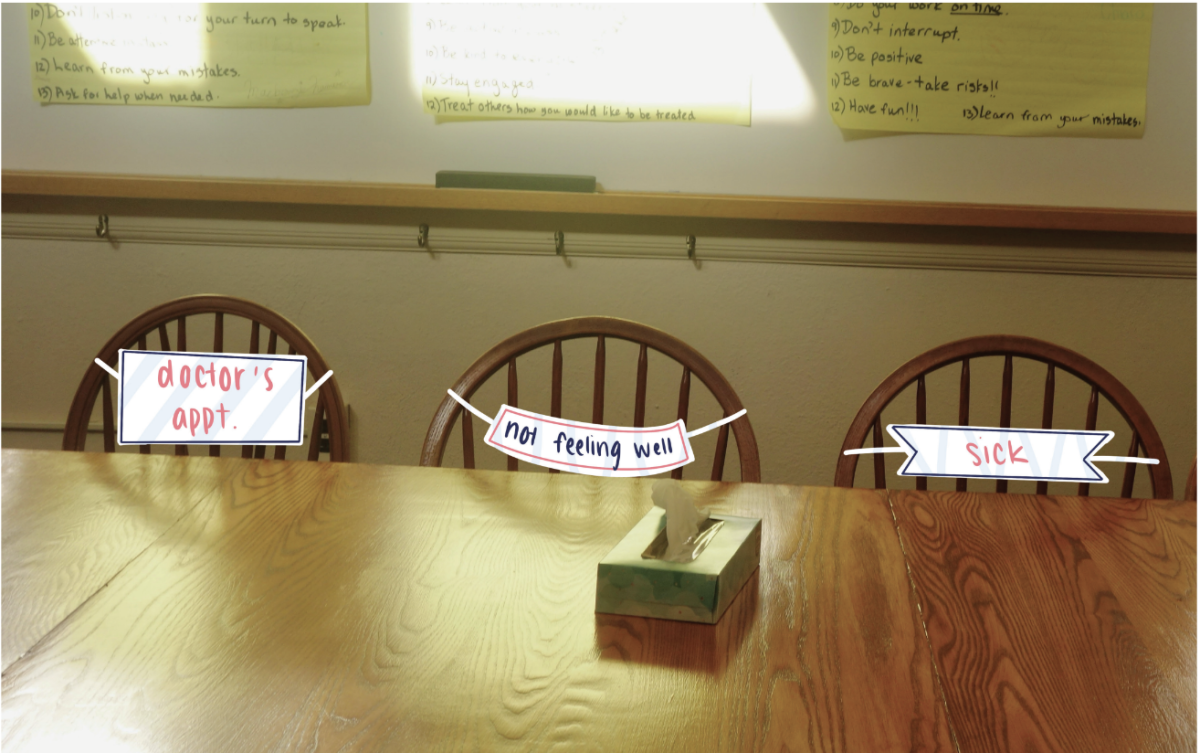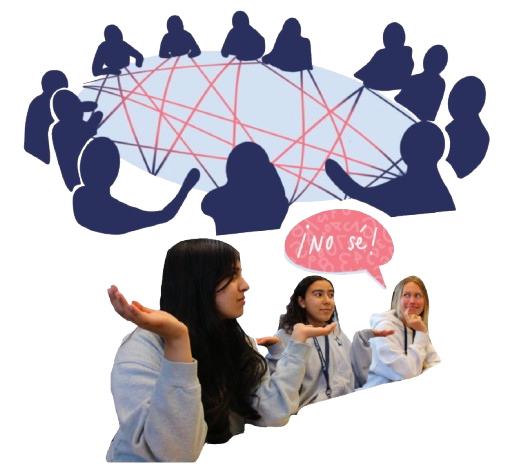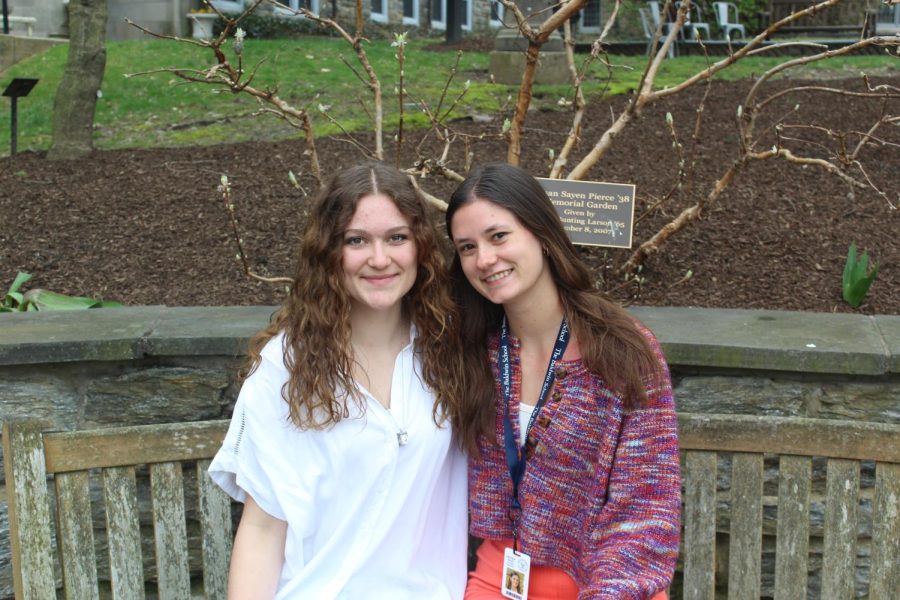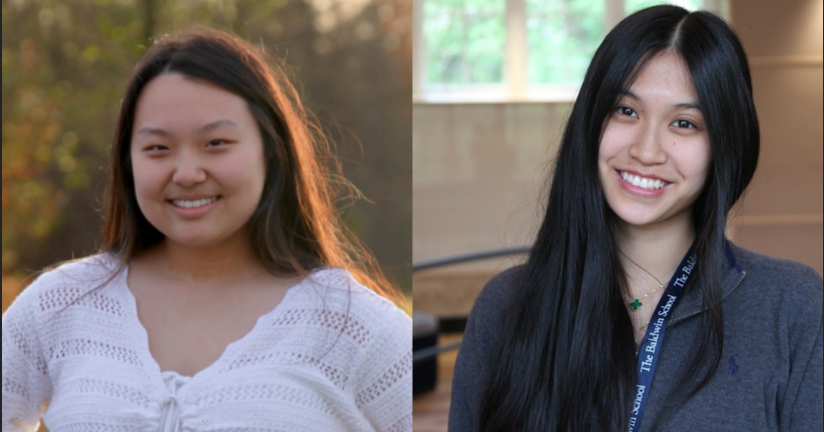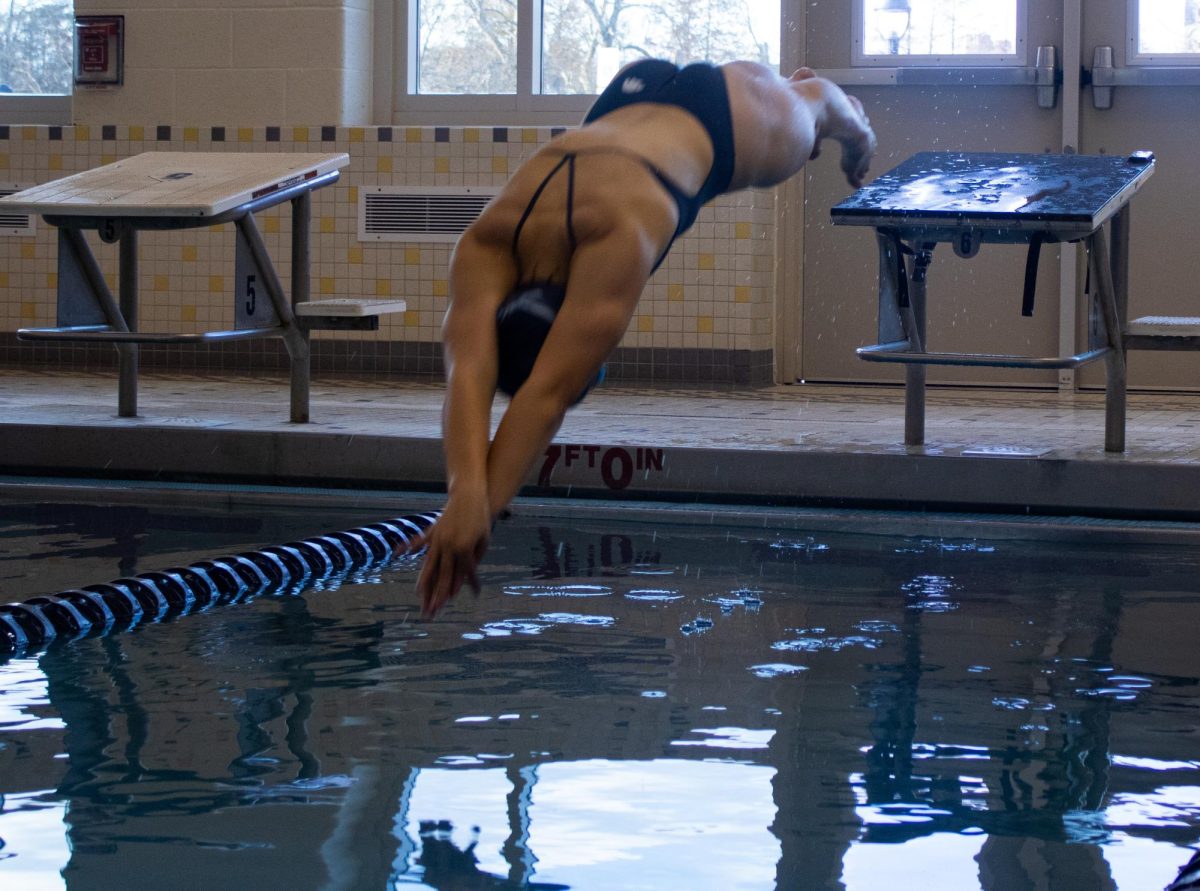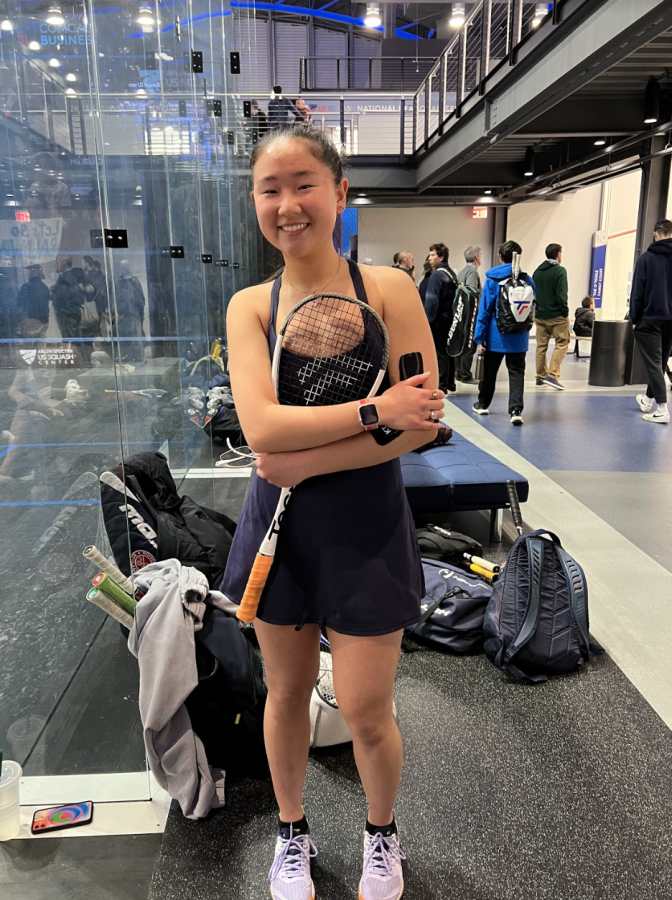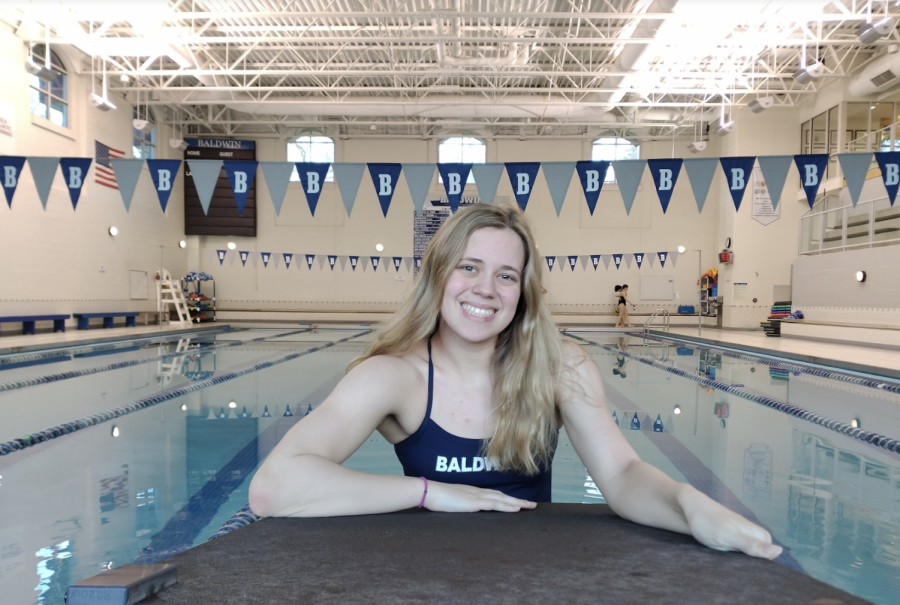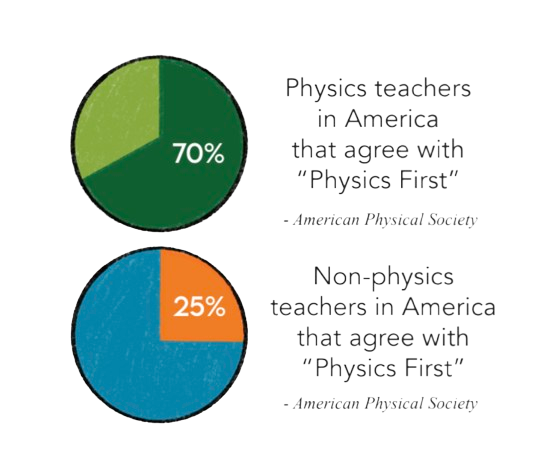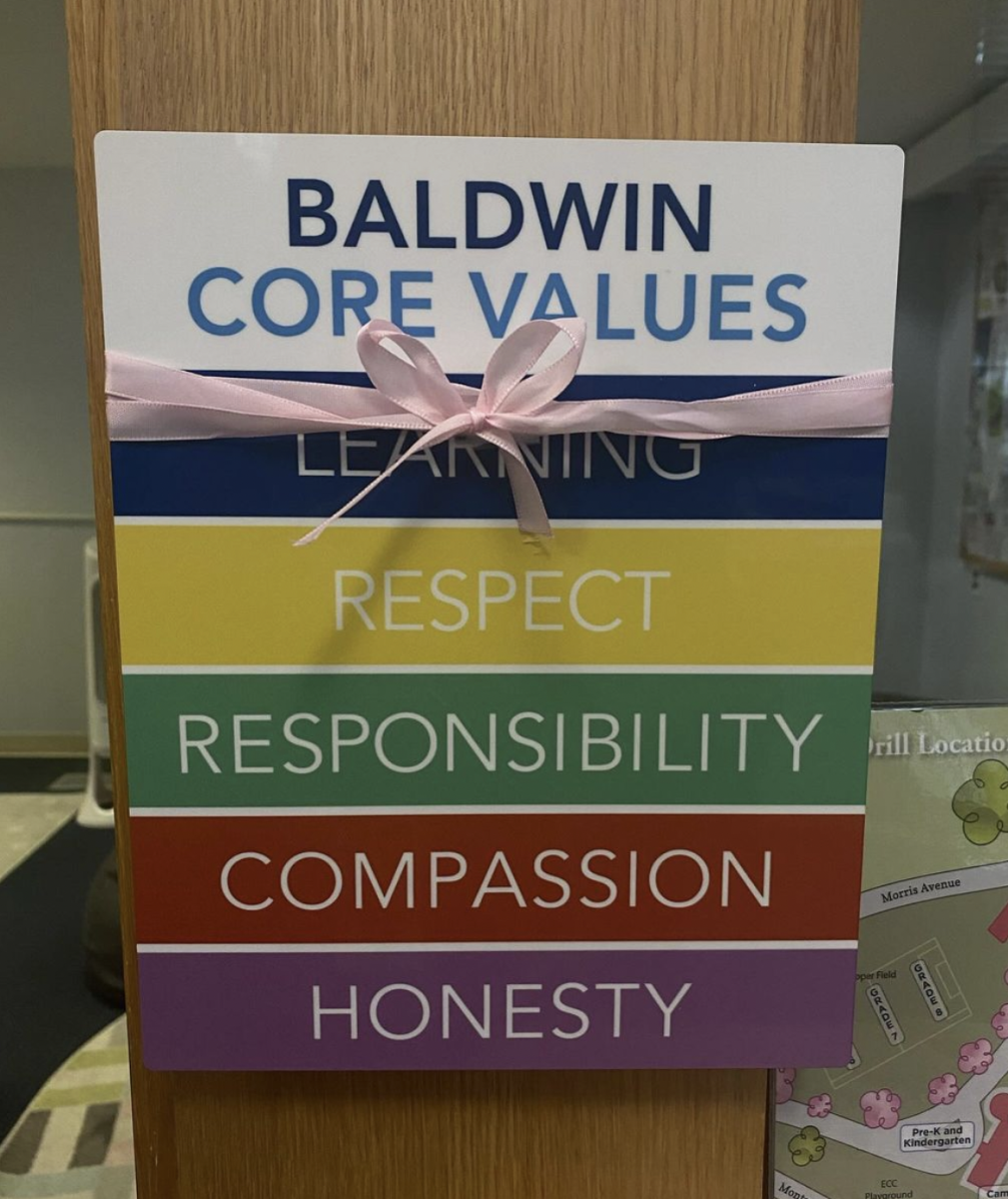The Baldwin School Handbook has gotten an update. Many of these changes have been celebrated, but a few new policies have flown under the radar of most students. One of these policies is Baldwin’s new statement on intellectual and academic pluralism, which states as follows:
“The Baldwin School values academic and intellectual pluralism, as well as active discourse, which is consistent with its mission. However, in a school setting, many forms of political symbolism can distract community members from work and study. Accordingly, students should not, individually or as part of a School-related group, use, display or refer to any forms of political symbols or messages while at school or at School-related events or activities, whether on or off campus. Political symbols include, but are not limited to, buttons, stickers, signs, logos or pictures, whether in electronic or tangible form, that, in the School’s determination, are used to represent a political standpoint, party or current political candidate. Additionally, students may not wear any attire (including clothing and accessories) that displays slogans, messages, advertisements, or logos, including those that contain any political symbols or messages supporting political parties or current political candidates.”
The Baldwin Handbook no longer permits students to wear or post any political paraphernalia or messaging, on and off campus.
Head of School Mrs. Lynne Macziewski served as the driving force behind the policy’s institution and shared some of the process of its creation and implementation. Early work on the statement began nearly a year ago, with eyes on the 2024 presidential election but also as a movement to an overarching goal to create a positive learning environment at Baldwin.
Mrs. Macziewski said the policy focused on creating an accepting environment.
“Every student should feel like they can bring their true self to the table and share their thoughts, ideas, and values in a safe and brave way,” she said.
This statement is not unique to just students. Dr. Athan Biss, Upper School U.S. Politics and Civics and Constitutional Law teacher said there is a similar policy for faculty. Dr. Biss provided some further insight into the policy’s implications.
“It’s part of a larger rethinking of pluralism in the School,” he said.
The statement, though, has very different implications on a school level and on the level of student life.
Student engagement in and discussion of politics is not only protected under this policy but is encouraged.
Mrs. Macziewski said that restriction of student political activity is far from the statement’s intent. Though Baldwin as a school cannot endorse political parties or candidates due to its institutional commitments and its nonprofit designation, students are encouraged to become involved in government.
In fact, Mrs. Macziewski said she strongly supports student civic engagement and political education, and the diversity of ideas it can bring.
“Part of what makes Baldwin so amazing is this diversity in thoughts, ideas, experiences, pluralistic values that we all bring to the table. What this statement does is say that we value those ideas,” she said.

